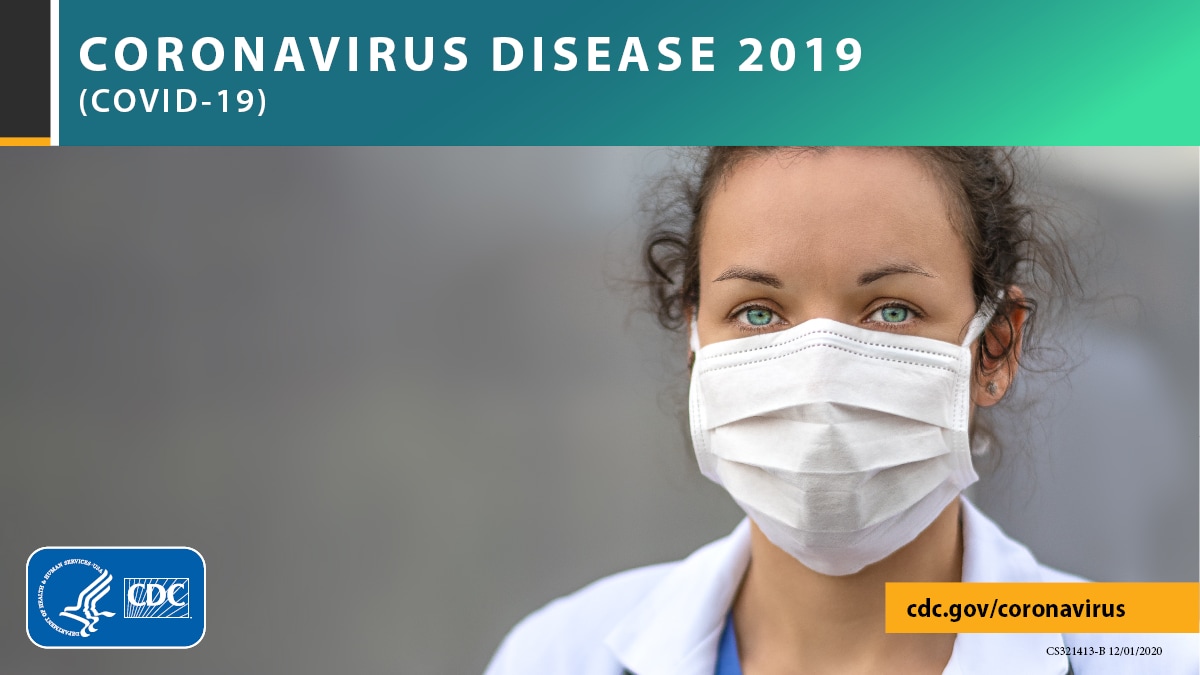I have more information regarding my recovery, but it does not sound good: I contacted DAN for advise and they say that diving fitness is no longer given after a Corona infection, even after mild symptoms. I am now in contact with my diving physician and will proceed with examinations as he will suggest...
=> I strongly suggest Lucky to go for a diving doctor for advise (in case you are not already in treatment anyhow)...
Here is what I have written to DAN Europe (translated from german via Google):
"I ask for medical advice: During a diving holiday at Fernsteinsee / Smarangersee I was infected with the Delta Mutant, although I was vaccinated with Biontech / Pfizer in February and March 21, I am 65 years old. Mild symptoms (headache, sore throat, cough, dry eyes, after 1 week massive diarrhea (- 5kg; 2/3 of it dehydration), no fever, lungs little affected (occasional stinging)). Illness from 1.9. - 15.9 - rather tedious; on September 15 PCR test negative and official ordered quarantine was cancelled on September 17th). I feel better every day (yesterday, September 20th, I went to the sauna for the first time). I also booked a three-week diving holiday in Egypt (Nov / Dec 21) even before the corona disease. Now it is a matter of carefully returning to normal again. I am reluctant to cancel my diving vacation, my plan is as follows: # 1 .: At the end of the week (September 17th), carefully restart sporting activities (cycling and swimming with fins). # 2 .: Depending on the course of recovery, another fitness test or not (last was July 21st). # 3 .: If recovery is sluggish, what imaging of the lungs is recommended to get to the bottom (CT, NMR) in order to decide on a diving vacation? Thank you, LG, WS"
Here is the answer from DAN Europe (translated from German via Google):
"Dear Mr. Scheibmayer,
But you have had to experience great bad luck, which unfortunately does not allow any other answer than this:
After a Covid-19 illness, as you have experienced it, there is no longer any fitness to dive as long as it has not been confirmed by a diving doctor. The severity of your illness, the fact that it was most likely the more dangerous Delta variant and that pulmonary involvement cannot be ruled out, but is even probable, makes a pulmonary examination necessary (at least a large pulmonary function examination, possibly also a CT) must include. With these results, your diving doctor will have to make further decisions.
From the experience with similar cases, I do not see any suitability for diving for you in the coming months, if only because all restrictions must be resolved before a positive decision is made, so there is no "post-covid" or even "long covid syndrome" developed.
Best regards - Dr. U. van Laak"
I will keep people here updated, since I believe that this is of potential interest for many and the number of affected, vaccinated, divers will increase...

Wolfgang






